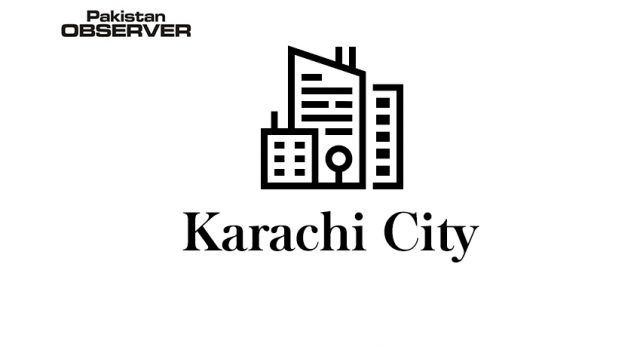Experts highlighted that, the implications of environmental and climate issues will be devastating for human safety, survival, socio-economic sustenance, and maritime development.
The views were showed by Ms. Naghmana Zaffar (Head Researcher NIMA) and Commodore (Retd) Baber Bilal (Director IOSC NIMA) during the Maritime Summer School 2022 (MSS 2022) which was organized by Minhaj University Lahore in Center of Research and Innovation in Maritime Affairs (CRIMA)
The MSS 2022 was a five-day event aiming to create awareness in the fields of maritime which include Blue Economy, Trade, Role of CPEC & its importance in Blue Economy, Maritime Security, Power Politics in the Indian Ocean, Maritime infrastructure, and Maritime Biodiversity.
The Summer School was attended by practitioners, policymakers, academia, media, and students of various universities.
Cdr (R) Baber Bilal talked about the concept of cooperative security. He said that it simply means that states will work together to solve common problems and is often used synonymously with collective security.
He further stated that Maritime Security entails safeguarding national maritime interests. It is safe against all forms of threats and challenges in the maritime arena.
He further added that the maritime domain is now dominating the national interests and security agenda of nations. He was of the view that no state has progressed without developing its maritime sector. He briefly explains the Indian Ocean and the position of Pakistan in the Indian Ocean region. He also gave an overview of the maritime sectors of Pakistan.
He mentioned that our national maritime policies and strategies are outdated and need to be updated and replaced. Cdr. (Retd) emphasized increasing the number of Pakistan Flag Carriers while focusing on the understanding of the linkage of the maritime economy and its linkage with National Security.
Ms. Naghmana Zafar, Senior Researcher at NIMA talked about the challenges to Ocean Health and Blue Growth. Ms. Naghmana mentioned in her talk that around 40% of the world population lives within 100 km of the coast.
Hence this population is dependent upon the stability and overall quality of the oceans and seas. About 10% of the global population lives along the coastal belt and is residing in areas that are less than 10 meters above sea level.
While sharing the solution to all these problems, she said that we should accelerate the blue economy and initiative which will act as a key driver in transitioning to healthy, low-carbon, and resilient oceans for the maritime development Pakistan.
Mentioning some research work in her talk she mentioned that Pakistan falls amongst the group of countries where weather patterns, fisheries industry, and coastal and wetland services will be badly hampered by global warming and resulting climate change.
Therefore, we should adapt and mitigate against climate change which requires consistent efforts/contributions from all stakeholders.
She criticized that the year 2020 was declared and celebrated as the “Year of Blue Economy” by the Government of Pakistan but nothing concrete could be yielded in terms of policy, regulatory, or governance structure at the national level.










